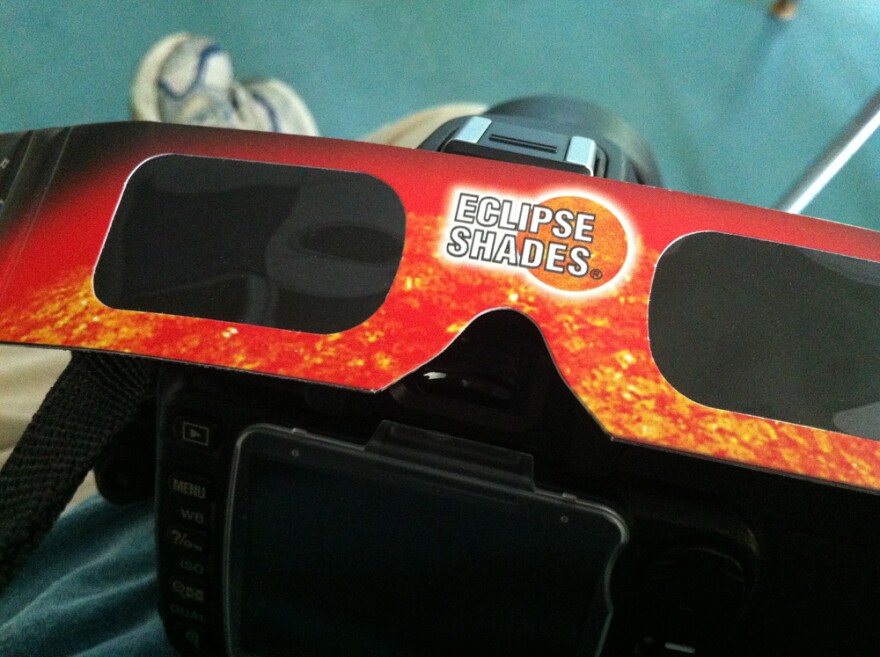Many people are excited to catch a glimpse of the upcoming solar eclipse. But the North Carolina Society of Eye Physicians and Surgeons is urging the use of proper eye protection. Sunglasses simply aren't dark enough to protect your retinas against the sun's UV rays.During the eclipse, the sun won't be completely blocked out over the Triangle, and it's never safe to look directly at it, according to Sharon Fekrat, a retina surgeon at Duke University.
“There are patients who viewed the sun many decades ago who, even now in 2017, don't have central vision in their affected eyes,” Fekrat said.
NASA is urging people to avoid counterfeit eclipse glasses. The administration has a list of eclipse-approved eyewear on its website. But even with the right protection, Fekrat urges spectators not to stare too long at the celestial event.
Fekrat compares looking at the sun to holding a magnifying glass over a piece of paper on a bright day.
“That's what can happen if we were to look at the sun directly, with or without an eclipse, and not having the proper eye projection,” she said. “Cause we then focus the sun's light right on our retina and burn holes in the light sensitive photoreceptors cells that we have in our retina, and that can lead to blindness.”
There is currently no treatment for retinal damage from eclipse viewing, Fekrat said.








